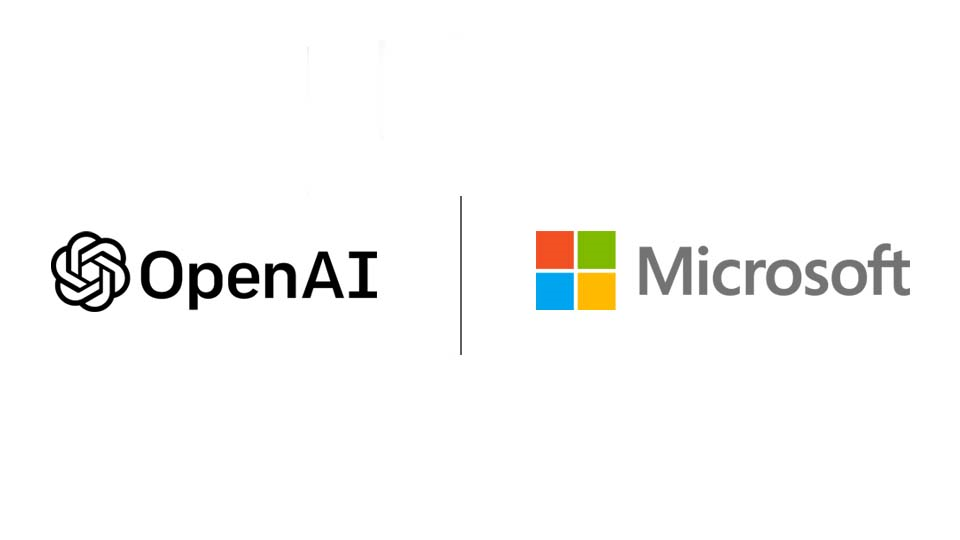In a significant shift in the tech landscape, Microsoft and OpenAI are currently engaged in intricate negotiations concerning the equity stake Microsoft holds in OpenAI. This comes in light of OpenAI’s recent announcement to transition from a non-profit to a for-profit structure, a move that has sparked discussions about the future of their partnership and the implications for both companies.
The Stakes of the Negotiation
Since 2019, Microsoft has invested approximately $13.75 billion into OpenAI, significantly bolstering the startup’s financial foundation. As OpenAI prepares to restructure, both companies have enlisted the help of investment banks—Goldman Sachs for OpenAI and Morgan Stanley for Microsoft—to navigate the complexities of valuing the company amidst these changes. This financial reevaluation raises critical questions about how much of OpenAI will be owned by Microsoft post-restructuring.
OpenAI’s valuation has seen remarkable growth, reaching $157 billion following a recent funding round. Investors, including tech giants like Nvidia and firms such as Thrive Capital and SoftBank, have contributed to this impressive valuation. In comparison, just a year earlier, Microsoft’s $10 billion investment had valued OpenAI at $86 billion.
Financial Performance and Projections
Despite its high valuation, OpenAI remains unprofitable, projecting a loss of $5 billion for the current year against revenues of $3.7 billion. However, the company anticipates substantial growth, with internal estimates suggesting revenue could reach $11.6 billion in the next fiscal year. This potential for rapid expansion may make OpenAI more appealing to investors, further complicating Microsoft’s negotiations regarding its ownership stake.
Under OpenAI’s previous non-profit structure, Microsoft’s investment entitled it to a share of profits generated by a for-profit subsidiary. This subsidiary was originally designed with profit caps, limiting the returns Microsoft could receive. As OpenAI transitions to a for-profit public benefit company, this structure will change, allowing Microsoft to renegotiate its stake and the associated governance rights.
Governance Considerations
The governance dynamics between Microsoft and OpenAI are another critical aspect of these negotiations. Microsoft has expressed interest in enhancing its governance role within OpenAI, particularly after the dramatic firing and subsequent reinstatement of CEO Sam Altman in November 2023. Microsoft CEO Satya Nadella indicated that the situation highlighted the need for clearer governance structures to ensure alignment between the two organizations.
Nadella’s remarks underscored a desire for Microsoft to have a more significant voice in OpenAI’s operations, especially given its substantial financial commitment. The complexities of corporate governance in such partnerships can often lead to tensions, particularly when the interests of investors and the leadership of the startup diverge.
OpenAI’s Restructuring Plans
OpenAI’s decision to become a for-profit public benefit company marks a pivotal moment in its evolution. This new structure allows OpenAI to pursue financial growth while still committing to social impact, aiming to balance profit-making with broader societal goals. The non-profit entity will continue to exist but will only retain a minority stake in the new for-profit organization.
As part of this restructuring, CEO Sam Altman is expected to receive a more substantial equity share, a common practice for executives in newly formed companies. Although Altman previously claimed to have limited exposure through earlier investments, the new equity structure aims to align incentives between the leadership and the organization’s success.
Implications for the Future
The unfolding negotiations and restructuring efforts highlight the shifting landscape of AI technology and its commercialization. As OpenAI seeks to attract further investment, the discussions with Microsoft will shape not only the financial frameworks of their partnership but also the strategic direction of both companies.
Moreover, the ongoing dialogue between Microsoft and OpenAI serves as a case study in the tech industry’s evolving approach to collaboration and governance. With AI technologies rapidly advancing and becoming integral to various sectors, establishing robust governance frameworks will be crucial for maintaining accountability and trust among stakeholders.
Conclusion
As Microsoft and OpenAI navigate this complex landscape of equity negotiations and governance issues, the outcomes will have far-reaching implications for both companies and the broader tech ecosystem. The shift to a for-profit model reflects OpenAI’s ambition to capitalize on its groundbreaking technologies, while Microsoft seeks to solidify its role as a key player in the AI revolution.
The partnership between these two organizations represents not only a financial alliance but also a strategic collaboration that could define the future of AI. With ongoing discussions about governance and equity, the decisions made in this period will likely shape the trajectory of AI development and its integration into everyday life, ensuring that both companies remain at the forefront of this transformative technological wave.

